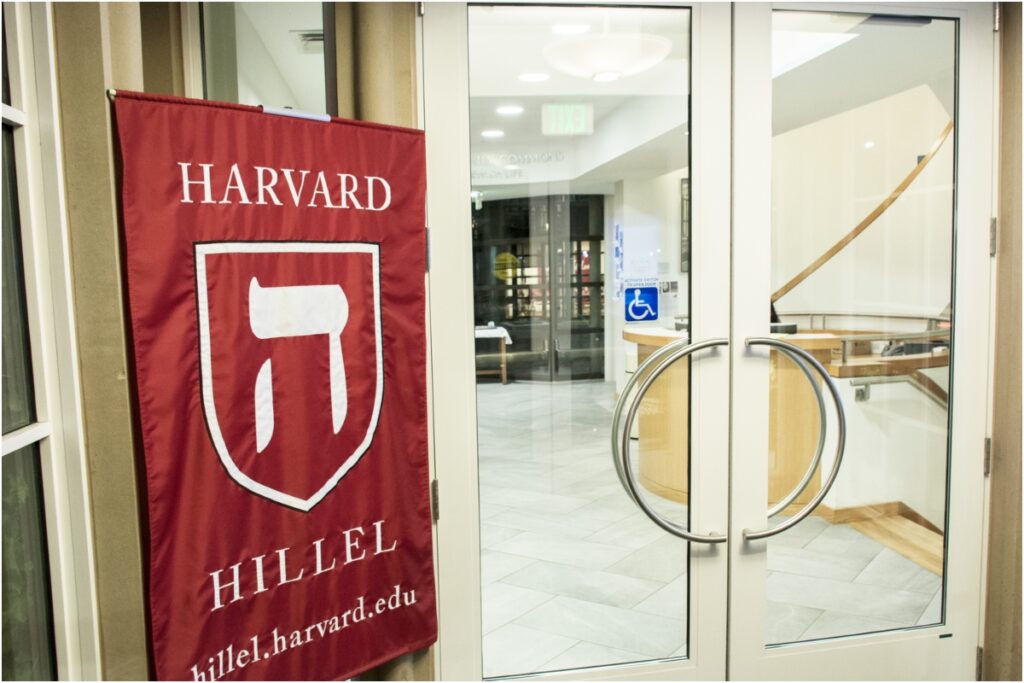Harvard University President Claudine Gay has issued a public apology following her comments at an anti-Semitic congressional hearing on Dec 5.
Her testimony drew widespread criticism for not explicitly condemning calls for the genocide of Jewish people as bullying and harassment on campus.
The controversial remarks were made during a House committee hearing focused on antisemitism on college campuses.
Gay, along with the presidents of the University of Pennsylvania (UPenn) and MIT, faced backlash for what critics deemed insufficient efforts to ensure the safety of Jewish students.
According to CNN, Harvard, UPenn, and MIT have been under scrutiny, along with other U.S. academic institutions, for perceived inaction against antisemitism, especially in the aftermath of the October 7 Hamas terror attack on Israel and subsequent conflicts.
In her apology to The Harvard Crimson, Gay acknowledged the gravity of her words, stating:
“When words amplify distress and pain, I don’t know how you could feel anything but regret.”
She expressed regret for getting caught up in a combative exchange about policies and procedures during the congressional hearing and failing to convey her commitment to opposing threats against the Jewish community.
Harvard, currently under investigation by the Department of Education for discrimination involving shared ancestry, faces mounting pressure to address antisemitism on its campus.

Calls for Gay’s resignation have been fueled by prominent figures, including hedge fund billionaire Bill Ackman, a vocal critic of how universities handle antisemitism.
A bipartisan group of over 70 U.S. lawmakers has sent a letter to the boards of Harvard, UPenn, and MIT, demanding the immediate removal of the three university presidents. The letter emphasized the abhorrence of the presidents’ responses during the hearing and called for actionable plans to ensure the safety of Jewish and Israeli students, teachers, and faculty on campus.
While Gay’s public apology aims to address the fallout from the controversial testimony, the incident has sparked broader discussions about combating antisemitism in higher education institutions across the United States.
